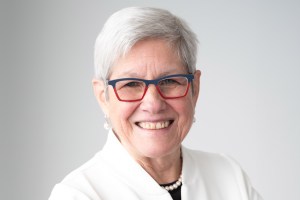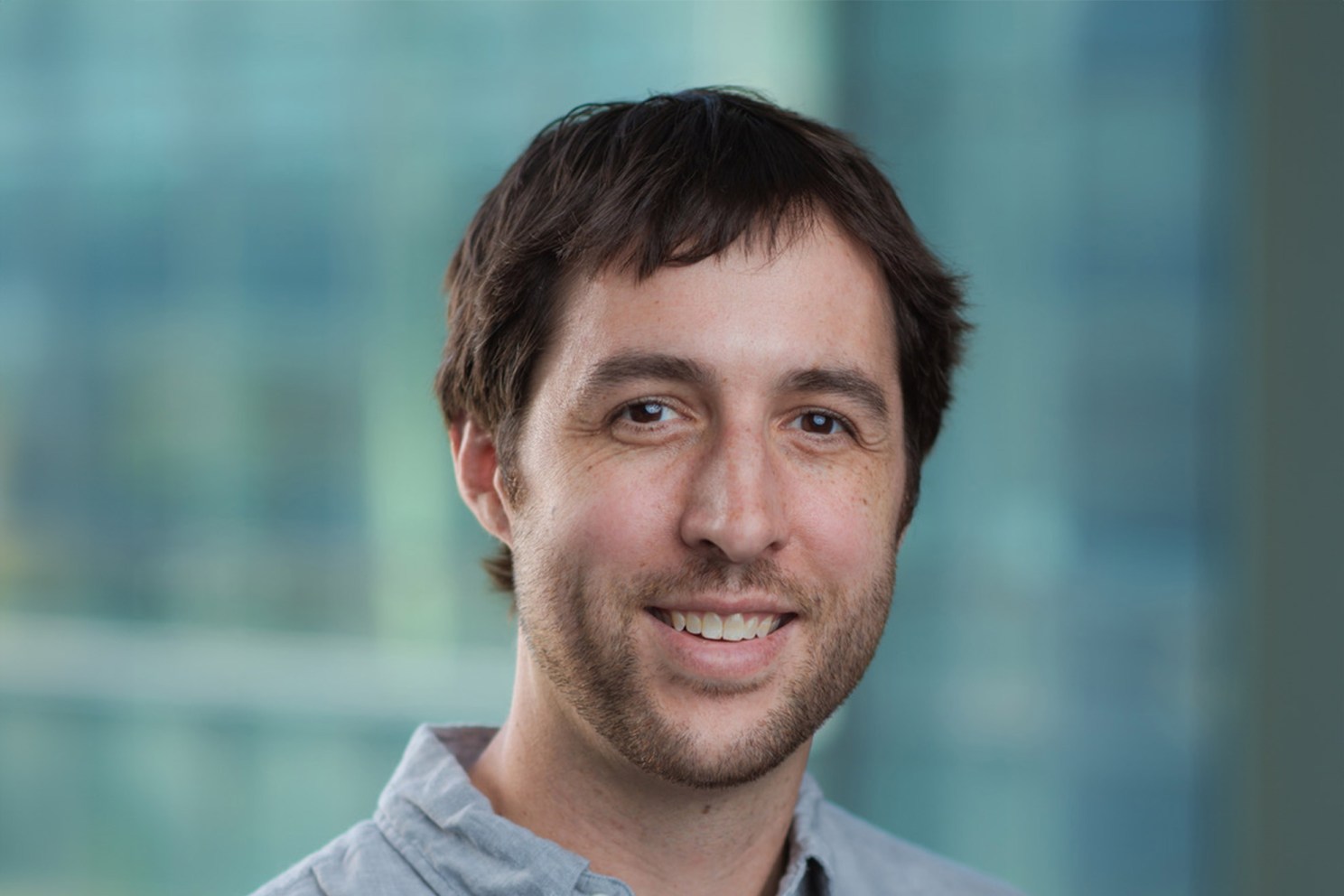Philip J. Kranzusch, a professor at Harvard Medical School and Dana-Farber Cancer Institute, has been named as a laureate for the Blavatnik National Award for Young Scientists.
Kranzusch was one of three laureates announced at a ceremony at the American Museum of Natural History in New York last month. The Blavatnik Awards for Young Scientists honor outstanding contributions by researchers aged 42 and younger in the United States in the Life Sciences, Chemical Sciences, and Physical Sciences and Engineering.
Kranzusch was recognized for discoveries made by his lab, which reveal how core components of the human immune system descended from ancient proteins that first evolved in bacteria billions of years ago. These proteins inhibit the replication of bacteriophages (known informally as phages), or viruses within bacteria. The work provides insights into host-virus interactions throughout all kingdoms of life.
“I am incredibly honored to receive this award recognizing our lab’s research discovering the connection between human immunity and proteins in bacteria,” Kranzusch said. “By studying how bacteria fight against phages, we’ve uncovered hidden pieces of our own immune system, discovered cellular components to control it, and inspired new ideas for drugs and vaccines — all rooted in what bacteria have been perfecting for billions of years.”
Kranzusch expressed gratitude to Harvard and DCFI for supporting his research at its early stages when its connections to human diseases such as cancer were not yet apparent.
Charlie Conroy, professor of astronomy at Harvard, was among 18 finalists for the award. The Blavatnik Family Foundation and the New York Academy of Sciences also make similar awards to young scientists in the United Kingdom and Israel.
Other winning laureates alongside Kranzusch were Frank Leibfarth, a chemist at the University of North Carolina, and Elaina J. Sutley, a civil engineer at the University of Kansas. Each will receive unrestricted rewards of $250,000.
Kranzusch hopes that the discoveries made by his team will someday be applied to develop better vaccines and immunotherapies. In the near term, however, he had a more modest plans.
“The first thing we are planning is a celebration for the lab!” he said.





